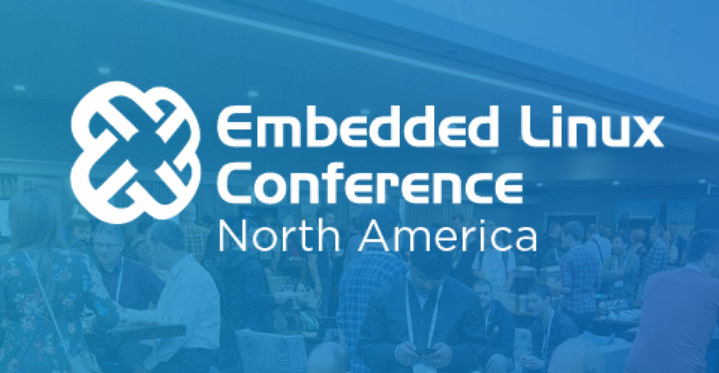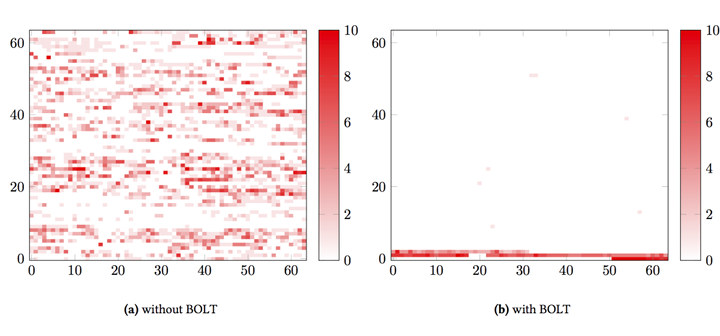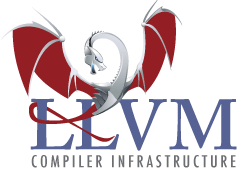In the last few years, I covered the Embedded Linux Conference and IoT Summit schedules since both were happening at the same time and in the same location. But the Linux Foundation have recently announced the Embedded Linux Conference will combine with the Open Source Summit, so the IoT Summit appears to have been phased out. The full schedule for the events taking place on August 21 – 23, 2019 at the Hilton San Diego Bayfront, USA, has also been released, so I’ll create a virtual schedule with some of the sessions most relevant to this blog. Wednesday August 21, 2019 11:30 – 12:05 – What’s New with U-Boot? by Simon Glass, Google LLC U-Boot is a widely used bootloader in embedded systems. Many users are unaware of the wide feature-set of U-Boot, particularly features added in the last few years. This talk aims to bring users (and prospective users) […]
Facebook BOLT Speeds Up Large x86 & ARM64 Binaries by up to 15%
Compilers like GCC OR LLVM normally do a good job at optimizing your code when processing your source code into assembly, and then binary format, but there’s still room for improvement – at least for larger binaries -, and Facebook has just released BOLT (Binary Optimization and Layout Tool) that has been found to reduce CPU execution time by 2 percent to 15 percent. The tool is mostly useful for binaries built from a large code base, with binary size over 10MB which are often too large to fit in instruction cache. The hardware normally spends lots of processing time getting an instruction stream from memory to the CPU, sometimes up to 30% of execution time, and BOLT optimizes placement of instructions in memory – as illustrated below – in order to address this issue also known as “instruction starvation”. BOLT works with applications built by any compiler, including the […]
Linaro Connect Hong Kong 2015 Schedule and Demos
Linaro Connect Hong Kong 2015 will take place on February 9 – 13,2015 in Hong Kong, and the organization has released the schedule for the five days events with keynotes, sessions, and demos. Each day will start with the keynote including speakers such as: George Grey, Linaro CEO, who will welcome attendees to Linaro Connect, and provide an update on the latest Linaro developments Jon Masters, Chief ARM Architect, Redhat, who will present Red Hat update and latest ARMv8-A demonstrations Dejan Milojicic, Senior Researcher & Manager, HP Labs Bob Monkman, Enterprise Segment Marketing Manager, ARM, will discuss about the impact of ARM in next generation cloud and communication network infrastructure Greg Kroah-Hartman, Linux Foundation Fellow, will introduce the Greybus Project (Linux for Project Ara modular phones) Warren Rehman, Android Partner Engineering Manager, Google The agenda also features sessions covering Android, ARMv8-A, Automation & Validation, Digital Home, Enterprise Servers, LAVA, Linux […]
Linaro Connect Europe 2013 Sessions and Mini-Summit
Linaro Connect Europe 2013 (LCE13) is taking place in Dublin, Ireland on July 8 – 12, 2013. If you are not there, you can still follow the event remotely as the event schedule is available with tracks focused on Android, Builds and Baselines, Enterprise, Graphics and Multimedia, Linux Kernel, Network, Project Management Tools and Training, and the Testing and Validation mini-summit will also take place at the same time. There will be hacking and lab sessions each day (except on Friday) where you can expect to learn useful skills. I’ve selected 2 sessions per day that I think might be particularly interesting. Monday 10:00 – 10:45 – ARMv8 Status and Updates Current Status of v8 tree What’s merged? What’s features are next priorities? Platform Updates What members should know about adding new v8 platforms 12:00 – 13:00 – How to make Android more efficient for entry level products The main objective of […]
LinuxCon North America 2012 Schedule
LinuxCon (North America) 2012 will take place on August 29 – 31, 2012 at Sheraton Hotel & Marina, in San Diego, California. The event will be co-located with the Linux Kernel Summit, the Linux Plumbers Conference, and CloudOpen 2012. LinuxCon consists of 3 days of keynotes, business and developers related sessions as well as tutorials. There will be over 80 sessions and keynotes during those 3 days. I’ll highlight a few sessions that I find particularly interesting and related to embedded Linux, software development and ARM. August 29 10:45 – 11:30 – Life After BerkeleyDB: OpenLDAP’s Memory-Mapped Database by Howard Chu, Symas Abstract: OpenLDAP’s new MDB library is a highly optimized B+tree implementation that is orders of magnitude faster and more efficient than everything else in the software world. Reads scale perfectly linearly across arbitrarily many CPUs with no bottlenecks, and data is returned with zero memcpy’s. Writes are on […]
ELLCC Multi-Target Cross Compiler Based on Clang and LLVM Compiler Infrastructure
ELLCC is a project aiming at creating a multi-target cross compilation environment for embedded systems. which makes use of Clang and the LLVM compiler infrastructure. QEMU is used for cross-platform testing. The project goals are to implement the following key features: A functional C/C++ compiler based on Clang (ecc) Multi-target support: ARM, i386, Microblaze, Mips, Nios2, PowerPC, PowerPC64, Sparc and X86_64 Multi-OS support: Linux, Standalone, … A complete test environment that allows automatic unit and integration testing of the run-time environment and complete executables. Support of a wide variety of target processors from armv4 to armv7, several mips cores, i386, and more. The project is still being developed, and ELLCC is in a pre-release state. ELLCC is composed of the following components: ecc – The ELLCC C/C++ compiler, a single executable with gcc compatible options. binutils – The GNU binutils package. libecc – The C standard library based on the musl standard […]
LLVM (Low Level Virtual Machine) Compiler Infrastructure
The Low Level Virtual Machine (LLVM) is a compiler and toolchain infrastructure, written in C++, designed for compile-time, link-time, run-time, and “idle-time” optimization of programs written in arbitrary programming languages. Originally implemented for C/C++, LLVM is now used with a variety programming languages such as Python, Ruby and may others. Code in the LLVM project is licensed under the “UIUC” BSD-Style license. LLVM can be used to replace and/or supplement the GNU tools such as gcc, g++, gdb, etc… LLVM now consists of a number of different sub-projects including: The LLVM Core libraries provide a source- and target-independent optimizer, along with code generation support for many popular CPUs. These libraries are built around a well specified code representation known as the LLVM intermediate representation (“LLVM IR”). The LLVM Core libraries are well documented, and it is particularly easy to invent your own language (or port an existing compiler) to use […]









